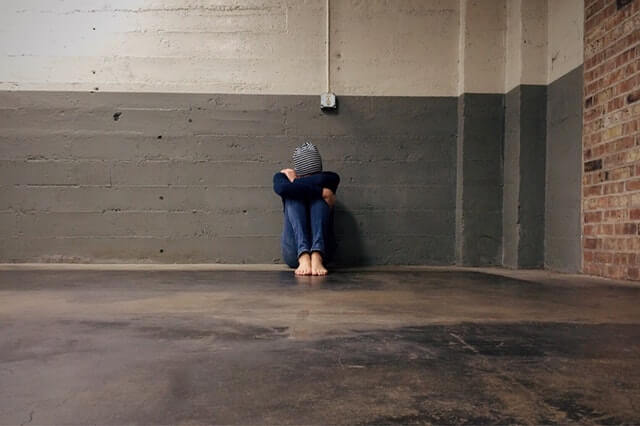If the past year and a half has taught us anything, it’s that tolerance for sexual assault is slowly eroding. Harvey Weinstein, Michael Orestes, Bill O’Reilly, Larry Nassar, Roger Ailes, Mark Halperin—these are the names of some of the men who have recently come up against this cultural sea change and lost. With the help of social movements like #MeToo, the country is now grappling with the issues of sexual assault and sexual harassment openly and passionately.
The current conversation was a long time in the making, though, and it wasn’t without casualties. In fact, in retrospect this watershed moment seems to have taken too long to arrive. As screenwriter Scott Rosenberg, who has written about the fallout from the Weinstein revelations, writes, “Maybe we didn’t know the degree. The magnitude of the awfulness. But we knew something.”
The truth is Weinstein and these others got away with their actions for decades because nobody said anything. In these situations, people know, but if nobody says anything, nothing can be done. If a person hears or sees something bad happening and does nothing to stop it, what does that make that person?
Part of the problem.
We can all do better to be part of the solution of sexual assault and harassment moving forward. In honor of Sexual Assault Awareness Month, let’s look at how we can help:
How You Can Help Victims of Sexual Assault
Know the signs. Whether a child or an adult, a person who has experienced sexual assault often exhibits signs that something is wrong. These warning signs can be different for different age groups. One thing is clear—the better you know the warning signs of sexual abuse, the better you can protect those you care about.
Speak to them. If you see any of these warning signs, try to speak to them. Talk to the person and let them know you are available if they need someone to listen. Showing this kind of support can help them feel comfortable enough to share what happened. If they choose to share their experience with you, help them get in touch with the authorities and encourage them to seek out medical attention. Be careful about how you speak with an assault survivor. Try to be as supportive as possible and avoid judgmental language.
Ask for help. If you know someone who has experienced sexual assault, being there for them is important. What’s even more important is getting the right people to help you. Because sexual assault can have an impact on mental well-being, it’s critical to figure out what mental health resources you have available.
Likewise, you might want to help your friend seek justice for the crime committed against them. To do that, you will need to find an attorney with the right experience with, compassion for, and knowledge of sexual assault cases.
Don’t be a bystander. If you know someone who has been sexually assaulted, tell them to call the compassionate team at RRBH Law.

